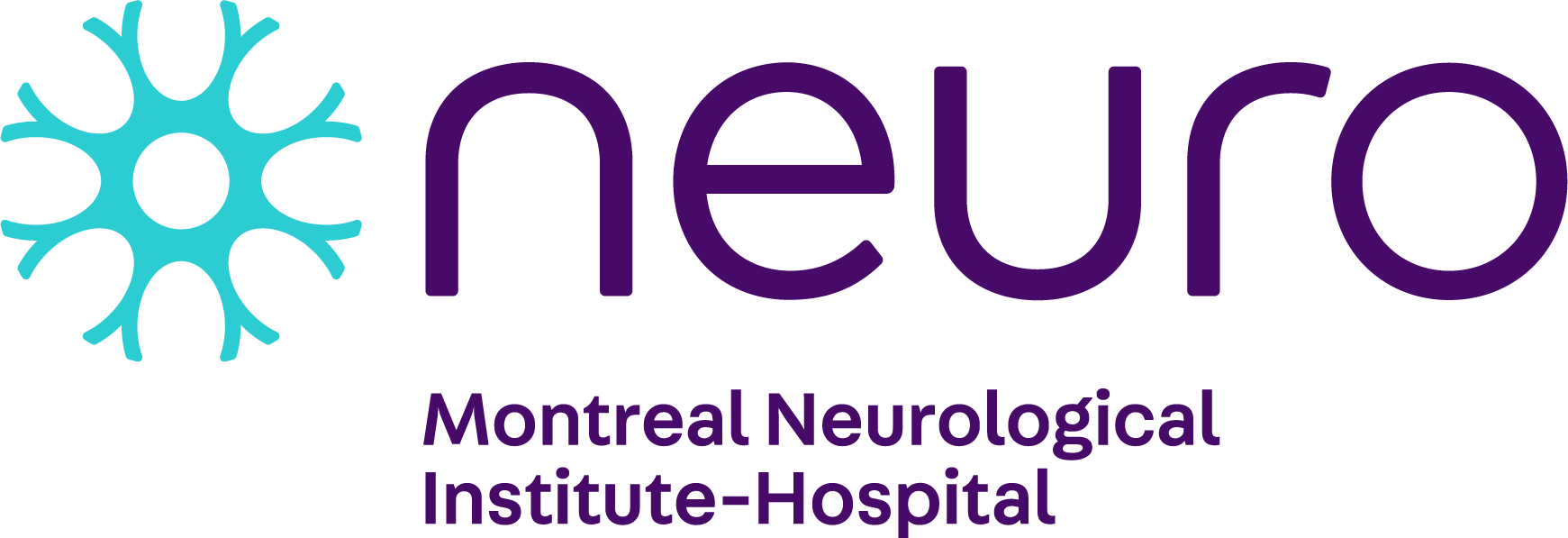New study maps the progression of ParkinsonÔÇÖs disease within the brain

Montreal Neurological Institute scientists shed light on the mechanism that could be driving the spread of ParkinsonÔÇÖs along neuronal highways
Scientists at the Montreal Neurological Institute and Hospital -The Neuro, at ĂŻ╠ě╬ň▓╗Íđ and the ĂŻ╠ě╬ň▓╗Íđ Health Centre, have made advances in understanding the process involved in the progression and spread of ParkinsonÔÇÖs disease (PD) within the brain.╠ř
The , published in September issue of eLIFE Journal, focused on understanding the process that drives the diseaseÔÇÖs progression by mapping the distribution and degree of atrophy, characteristic of the disease, in certain brain regions and identify the paths leading the spread from affected to healthy tissue.
ÔÇťPast studies have failed to consistently demonstrate regional brain atrophy in earlier stages of the disease due to samples of subjects that were too small and to methods that were less sensitive in detecting all aspects of the diseaseÔÇÖs impact on the brain. We now have the means to map the disease with greater sensitivity than previously possible,ÔÇŁ says Dr. Alain Dagher, senior author of the study.
The researchers had access to╠řan unprecedented number of MRI scans and clinical data through the open source ParkinsonÔÇÖs Progression Markers Initiative (PPMI) database. Thanks to this╠řwealth of data, researchers were able to analyse MRI scans which show the structure of the brains of 230 people in the early stages of ParkinsonÔÇÖs disease and compare them to those from age-matched healthy individuals. This allowed them to identify the set of brain regions that show atrophy in the early stages of the disease.
ÔÇťThe atrophy pattern on MRI is compatible with a disease process that spreads via brain networks ÔÇô something that had never been shown in human patients before, and would support the hypothesis that PD is caused by a ÔÇťtoxic agentÔÇŁ that spreads trans-neuronally,ÔÇŁ says Dr. Alain Dagher.
The findings add new evidence to the hypothesis that brain cells in ParkinsonÔÇÖs patients might deteriorate according to a prion-like mode of disease propagation, in which a toxic agent spreads from brain cell to brain cell utilizing the normal connections of the brain. Similar mechanisms have been proposed for diseases ranging from AlzheimerÔÇÖs Disease to Bovine Spongiform Encephalopathy.╠ř The process would involve the spread of alpha-synuclein, a toxic misfolded protein with the ability to make copies of itself and infect neighbouring cells while traveling through the brainÔÇÖs neuronal highways.
The patients who were enrolled in this study will continue to be evaluated on a yearly basis providing researchers with more data to continue mapping how the disease progresses throughout the brain and furthering our understanding of its causes. ╠ř
Current treatment options help control or minimize symptoms including tremors, slowness of movement, stiffness or rigidity, and loss of balance. ╠řThe findings of this study hold exciting therapeutic implications.╠ř In the longer term, it will help researchers develop new techniques to assess the efficacy of drugs that could target the culprit protein and might eventually lead to treatments that will prevent, slow, halt or even reverse the progression of PD.
The study (), conducted by Alain Dagher and collaborators and the Montreal Neurological Institute,╠řwas supported by grants from the Michael J Fox Foundation for ParkinsonÔÇÖs Research, the W. Garfield Weston Foundation, and the AlzheimerÔÇÖs Association, the Canadian Institutes for Health Research, and the Natural Sciences and Engineering Research Council of Canada.
Image sources: Braak et al., Neurobiology of Aging (2003) 24:197-211 (left panel) and Alain Dagher (right panel).
ParkinsonÔÇÖs Progression Markers Initiative (PPMI)
PPMI is an observational clinical study to verify progression markers in ParkinsonÔÇÖs disease. PPMI has emerged as a model for following multiple cohorts of significant interest and is being conducted at a network of clinical sites around the world. The study is designed to establish a comprehensive set of clinical, imaging and biosample data that will be used to define biomarkers of PD progression. Once these biomarkers are defined, they can be used in therapeutic studies, which is the ultimate goal. Source:
The Montreal Neurological Institute and Hospital
The Montreal Neurological Institute and Hospital ÔÇô The Neuro is a world-leading destination for brain research and advanced patient care. Since its founding in 1934 by renowned neurosurgeon Dr. Wilder Penfield, The Neuro has grown to be the largest specialized neuroscience research and clinical centre in Canada, and one of the largest in the world. The seamless integration of research, patient care, and training of the worldÔÇÖs top minds make The Neuro uniquely positioned to have a significant impact on the understanding and treatment of nervous system disorders. The Montreal Neurological Institute is a ĂŻ╠ě╬ň▓╗Íđ research and teaching institute. The Montreal Neurological Hospital is part of the Neuroscience Mission of the ĂŻ╠ě╬ň▓╗Íđ Health Centre. For more information, please visit╠ř



